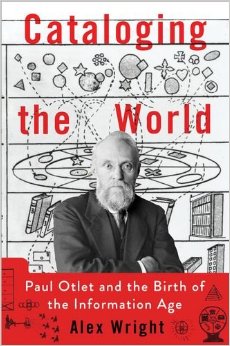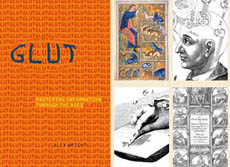Citizen Science
December 28, 2010
Today's Times is running my article on citizen science,
exploring the impact of public Web-based participation on scientific
research. This is a big topic, one that was difficult to do justice
within the confines of a newspaper article. Still, it's been
interesting to follow the lively discussion in the comments
about who should or shouldn't be allowed to claim the mantle of
"scientist." In my view, this is very much an open question, one that
will likely to continue to generate debate as more and more people get
involved in participatory science projects.
It's worth noting,
however, that citizen science has a long heritage predating the Web.
In the US, folks like Ben Franklin, Thomas Jefferson and James Audubon
all made substantial contributions to science without holding formal
appointments as quote-unquote scientists. Many thousands of private
citizens have participated in the Audubon Society's annual Christmas
Bird Count for more than a century; and there are many other examples
of collaboration among scientists and civilians. Professor Patrick
McCray of UC-Santa Barbara wrote in to alert me to his book Keep
Watching the Skies!, which documents the long collaboration between
Moonwatch and professional astronomers.
While
researching the piece, I also came across a number of fascinating
projects that it simply wasn't possible to cover in one article. For
anyone who's interested in exploring the topic further, here are a few
additional pointers:
Science for Citizens
A
clearinghouse of citizen science projects maintained by Discover
magazine's Darlene Cavalier and science journalist Michael Gold.
World Community Grid
Software that lets Web users dedicated their spare computing cycles to a wide range of grid computing projects, a la SETI@home
Citizen Science Alliance
A consortium of projects including Galaxy Zoo, Moon Zoo, and Solar Stormwatch
There are hundreds of other emerging citizen science projects out there, and undoubtedly many more to come in the years ahead.
Update (12/29):
David Weinberger writes a follow-up post,
clarifying some of the nuances of his position regarding whether
citizen scientists are performing the work of scientists vs.
"scientific instruments." Meanwhile, Galaxy Zoo's Chris Lintott writes along the same lines,
pointing out that many credentialed scientists spend a great deal of
their time performing repetitive tasks not so different from the tasks
performed by many citizen scientists. They both make strong arguments
that the lines between citizens and scientists are only likely to grow
more blurry in the years to come.
Previously: MoMA Apps
Now available for pre-order:

Cataloging the World:
Paul Otlet and the Birth of the Information Age
by Alex Wright
A “shrewd, brisk biography.”
—Kirkus Reviews
GLUT:
Mastering Information Through the Ages
by Alex Wright
“A penetrating and highly entertaining meditation on the information age and its historical roots.”
—Los Angeles Times
